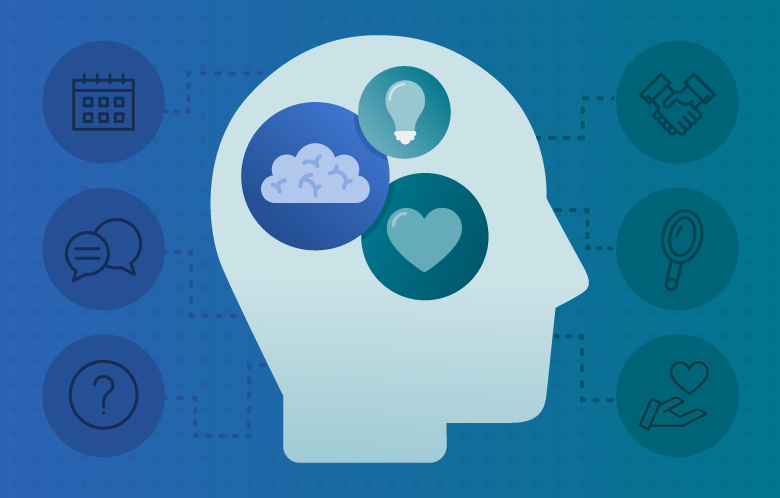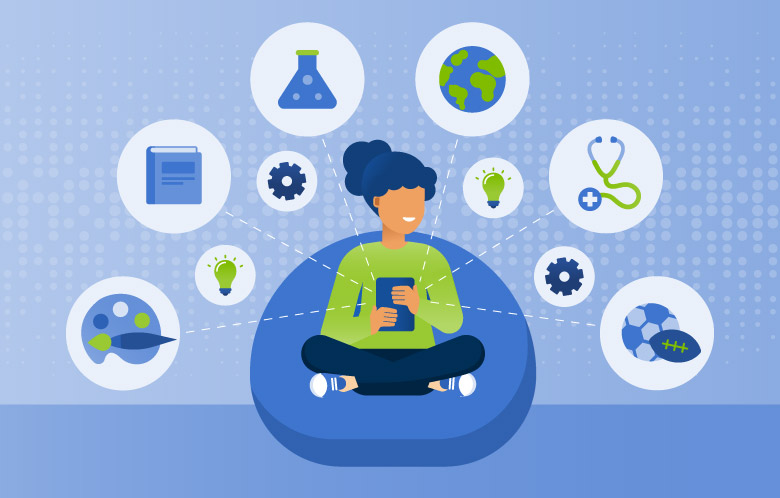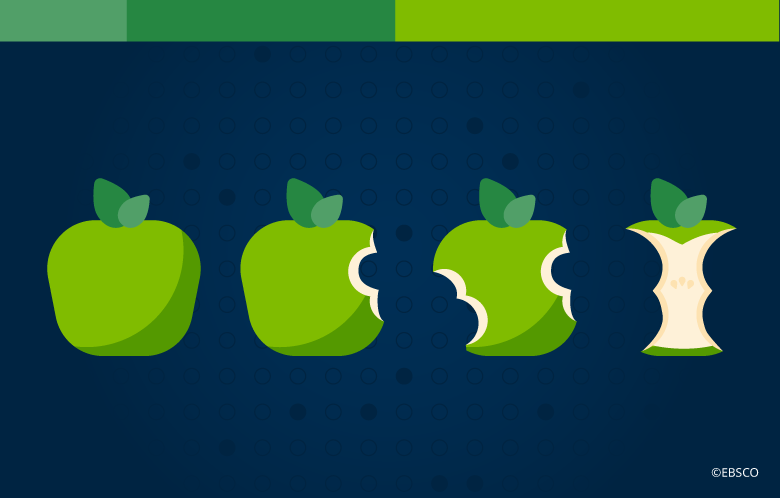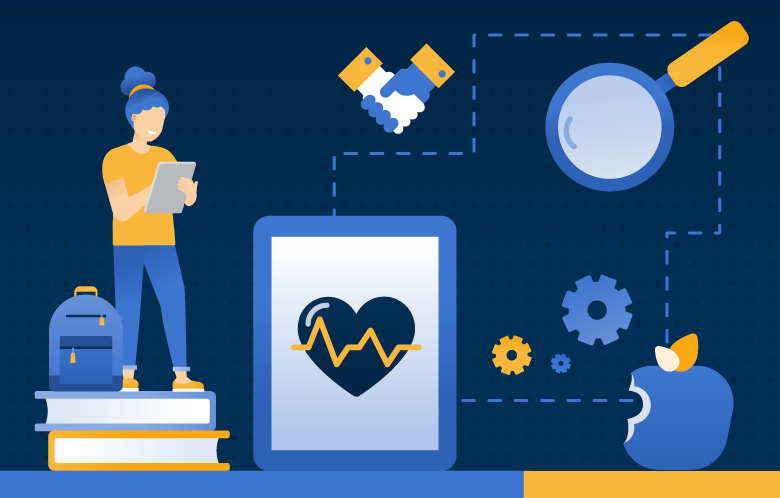Emotional intelligence is a critical factor in building relationships, expressing empathy, promoting inclusivity and fostering a positive school culture. School librarians, known to have positive effects on student achievement and test scores, are also uniquely positioned to create experiences that positively impact social-emotional learning (SEL).
One powerful skill for nurturing well-rounded individuals is information literacy. Information literacy — the ability to locate, evaluate and use information effectively — goes beyond academics to help students better understand themselves and others. By engaging with diverse materials in library databases, students can build essential SEL competencies that support mental well-being, resilience and positive classroom interactions.
1. Self-Awareness
- Understanding Bias and Perspective: When students explore various sources in library databases, such as Points of View Ultimate, they learn to recognize different viewpoints and biases. This awareness fosters a deeper understanding of their own beliefs and values, contributing to greater self-acceptance and reducing feelings of insecurity.
- Reflective Practice: Engaging with diverse materials allows students to reflect on their own learning, which encourages a more nuanced understanding of their emotional and intellectual responses. Reflective practice enhances self-awareness and can reduce anxiety by helping students identify and manage their emotions.
2. Self-Management
- Research Organization: Mastering database search techniques and managing information teaches students time management and organization, key components of self-management.
- Resilience: Navigating complex information landscapes can be challenging. By developing research skills, students learn to persist in the face of difficulty. This helps them build patience and resilience and can improve their ability to cope with stress.
3. Social Awareness
- Empathy through Diverse Perspectives: Library databases, such as Points of View Reference Source, offer access to global viewpoints and cultural contexts. Understanding different perspectives fosters empathy, a crucial aspect of social awareness.
- Informed Social Interactions: By learning how to evaluate sources, students can better understand the information that shapes social discourse, leading to more informed, thoughtful and harmonious interactions.
4. Relationship Skills
- Collaborative Research: Working in groups to find and analyze information helps students develop teamwork and communication skills, vital for building and maintaining positive relationships.
- Digital Citizenship: Information literacy includes understanding how to ethically share and discuss information, which is essential for respectful and constructive online and offline interactions.
5. Responsible Decision-Making
- Critical Thinking: Information literacy emphasizes the evaluation of sources and the synthesis of information, which are key to making informed, responsible decisions.
- Ethical Use of Information: Understanding the ethical implications of using and sharing information supports responsible behavior, both in academic settings and in broader social contexts.
Information literacy intersects with emotional intelligence to empower students in the digital age. It is a critical library skill that can serve as a catalyst for holistic student growth. By integrating information literacy into SEL programs, educators can equip students with a diverse set of skills that not only boost academic achievement, but also promote social and emotional well-being.



